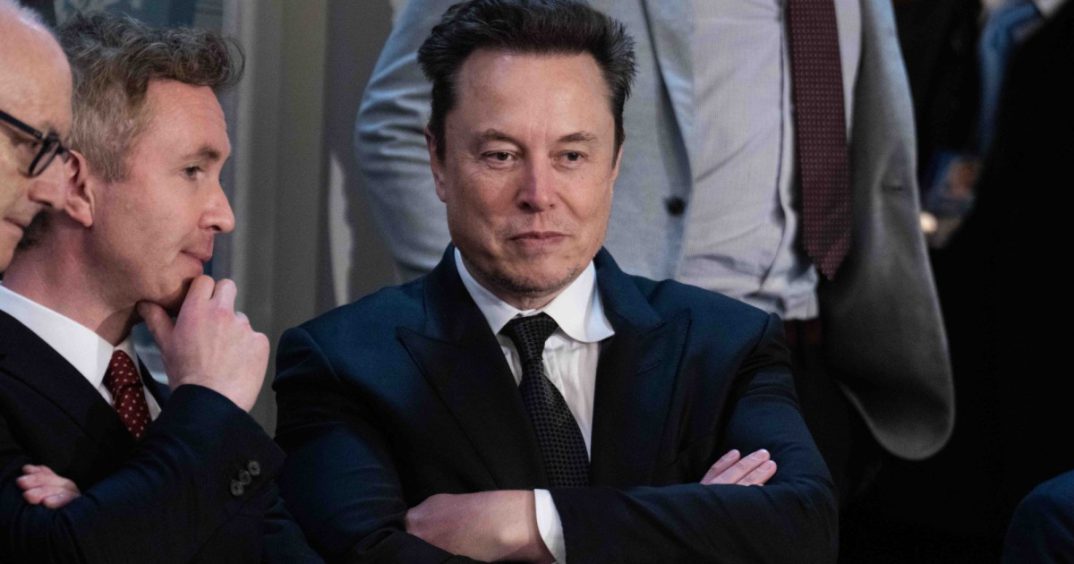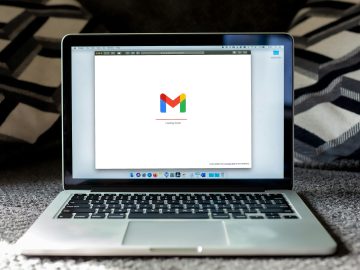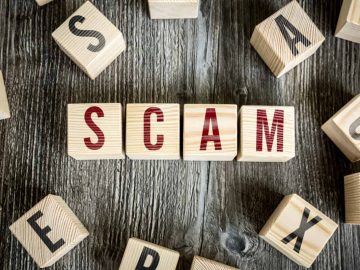Tom Williams/CQ Roll Call/ZUMA
Fight disinformation: Sign up for the free Mother Jones Daily newsletter and follow the news that matters.
Elon Musk, one of the world’s richest men, has gone “Deep MAGA.” The billionaire owner of X—the “everything app“—endorsed Donald Trump seconds after the former president was nearly assassinated in July, and within a few days was hatching plans to spend $45 million to get Trump elected. On Saturday, Musk joined the former president on stage in Butler, Pennsylvania, where he did his signature hop (which is vaguely in the shape of an X), and predicted that if Kamala Harris is elected there will be no more elections in the United States.
Musk has a habit of making predictions that don’t amount to much. It is one of the defining facets of his personality, up there with scientific racism and being a guy with a signature hop. You can go online and watch a supercut of him promising fully autonomous self-driving cars every year since 2014. Musk promised to put a man on Mars “in 10 years” 13 years ago. He revised his prediction, in 2016, to say that he would send humans to Mars in 2024. Sometimes you have to set aside the net worth and remember you are talking about someone who believes that people have gotten smarter because C-sections make it easier for babies to have big heads.
Musk’s paid referral strategy has drawbacks, for the same reason paying people to gather signatures often does: You’re incentivizing bad data.
So, there’s a good chance he’s wrong about a President Kamala Harris ending democracy as we know it. But the money he and his allies are spending is real. America PAC, the super-PAC Musk launched over the summer with a promise to not be “hyper-partisan” and a goal of saving “meritocracy,” has spent more than $8 million this year on independent expenditures boosting Republican candidates, and tens of millions of dollars on paid organizers to support Trump’s campaign efforts.
It has not been entirely smooth—the New York Times recently reported that Musk’s PAC cut ties with the consulting it was using to run its field operations, and hired a new one. But on Sunday, he unveiled a secret weapon for the campaign, straight from the world of gym memberships: Refer a friend! Specifically, Musk is offering to pay $47 to anyone who successfully gets a registered voter in a swing state to sign a petition “to support the Constitution,” by which he means “The First and Second Amendments.” Per the fine print:
Each person may only sign this petition once. Eligible people may only list one eligible person as their referrer. Before payment is made, America PAC will verify the accuracy of all information of the referrer and referee.
This is a perfect Musk stunt for two reasons. One is that he seemingly chose this number as a gimmick because Trump would be the 47th president. (This is a guy who was once fined $40 million by the Securities and Exchange Commission after tweeting that he could take Tesla private at $420 a share.) The other is the confidence with which Musk is attempting to invent the concept of “email lists.”
His end goal is fairly straightforward. America PAC wants to collect data on Trump supporters for the purposes of turning them out on or before Election Day. It is like any email asking you to wish Hillary Clinton a Happy Birthday or to sign this petition to urge Congress to stop adults from ordering off the kids menu. If you are anything like me, you are besieged with list-building petitions and surveys, and you try to tune them out. (Then again, I’ve never had anyone offer me money to get someone to sign one.)
Musk is essentially paying people to collect voter information—which is a standard thing campaigns and organizations do, only in this arrangement he’s paying his distributed organizers by the signature instead of by the hour. His PAC is banking on that cash incentive to juice the MAGA outreach effort, and hopefully identify some new Trump voters. It can then use the information to get out the vote.
This particular approach has drawbacks, for the same reason paying people to gather signatures often does: You’re incentivizing bad data, which is what you really don’t want in a get-out-the-vote operation. Paid petitioners get in trouble all the time because the signatures they collect don’t match real people, or were submitted without a voter’s knowledge. The PAC says it has some safeguards in place, and that you won’t get your $47 until both the referrer and referee are verified. But the money creates a reason for real people who don’t support Trump to sign up and take Musk’s cash. It’s a great way for Harris-backing undergrads at Arizona State to get beer money—it’s certainly easier than giving plasma.
It’s possible this is a genius move from a man with an evolutionarily advanced brain, in other words. But it’s also possible that Musk is simply doing the rich guy thing—and the classic rich tech guy thing—of walking into a new situation and assuming all of his ideas are important. A Washington Post story from July on how Musk ended up endorsing Trump included the following anecdote:
Musk asked people in the room to tell their friends to vote for Trump, saying he had learned from his experience selling Teslas that word-of-mouth promotion was critical. Some people in the crowd shook their heads and winced.
After his appearance in Butler, according to Politico, Musk planned on making more campaign appearances in the state where he once lived while attending the University of Pennsylvania. (The Politico piece includes the immortal line: “In addition to the Steelers, he is also a Philadelphia Eagles fan.”) Republicans love his money, no doubt. But it’s sort of peak donor-brain to think that swing-state voters want to hear anything more from a union-buster with the emotional maturity of a seventh-grade gamer.
Part of being so rich is that no one ever really says “no” to you. You can use drugs and keep your security clearance. You can joke about someone assassinating the vice president and still keep your federal contracts. An employee can accuse you of offering them a horse in exchange for sex and it will not necessarily become the one thing everyone knows about you. (Musk has called that last allegation “utterly untrue.”)
This social immunity has largely redounded to Musk’s benefit, even if one would not necessarily read his missives and conclude that this is a man who is “doing well.” But Musk’s lack of accountability has often clouded his judgment.
The classic rich person’s delusion is to assume people want your wisdom when all they are really after is your money. Because not every billionaire’s idea is a billion-dollar idea. This one may result in a large number of people, who aren’t necessarily who they say they are, looking to make a few bucks. Come to think of it, that actually sounds a lot like Elon Musk’s X.





